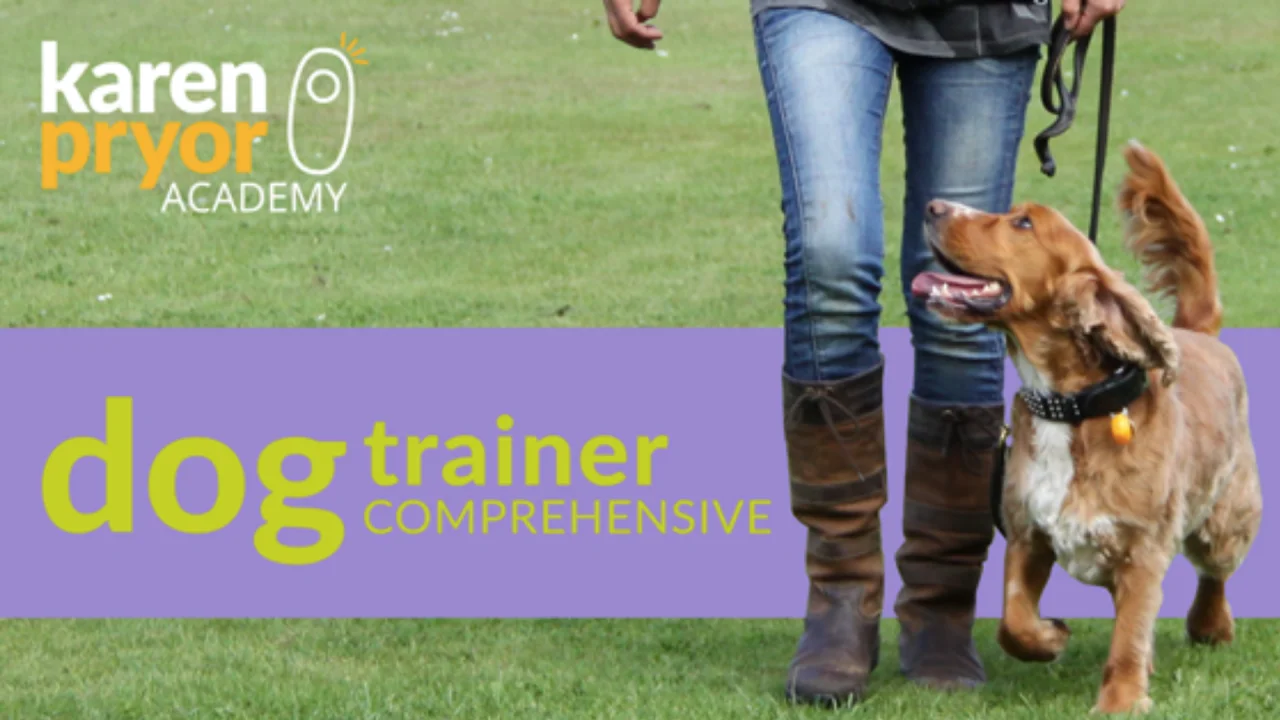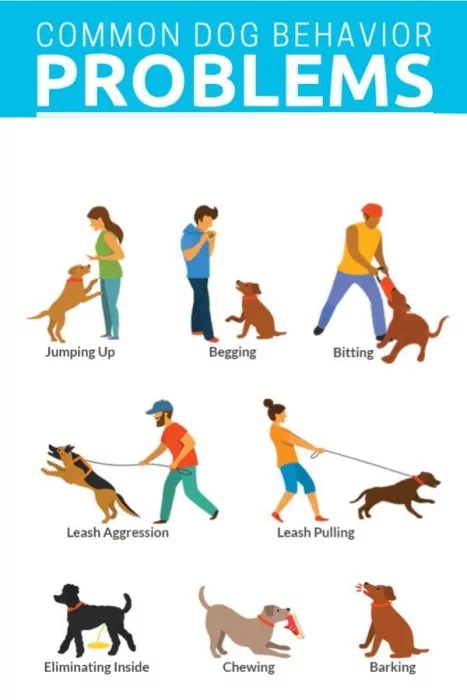Unlock Your Pet dog's Prospective: Proven Dog Training Approaches for Success
Reliable dog training is a nuanced process that hinges on comprehending canine habits and utilizing scientifically backed approaches. By incorporating favorable reinforcement, establishing clear commands, and prioritizing socializing, canine proprietors can cultivate a productive partnership with their animals.
Recognizing Canine Actions
Understanding pet actions is vital for efficient training and fostering a positive connection in between canines and their proprietors. A comprehensive understanding of canine body movement, articulations, and social interactions is vital for recognizing their feelings and needs. Pet dogs interact mostly through non-verbal cues; for instance, a wagging tail might show enjoyment, while pinned ears can signify worry or submission.

Additionally, environmental aspects play a substantial role fit a pet's actions. Changes in routine, new surroundings, or the existence of unknown people can result in tension or stress and anxiety in pets. Identifying these triggers makes it possible for owners to minimize adverse responses and establish suitable training methods.
Eventually, a deep understanding of dog behavior lays the foundation for successful training approaches, enhancing both actions and the general bond in between the pet dog and its owner. dog training near me. This expertise is indispensable for cultivating a well-adjusted, pleased canine friend
Favorable Reinforcement Methods
Reliable training relies heavily on positive support strategies, which have been revealed to generate significant lead to shaping preferred actions in dogs. This method entails awarding a dog for showing certain habits, consequently raising the likelihood that these habits will certainly be repeated. Incentives can take different types, including treats, appreciation, playthings, or playtime, depending upon what motivates the individual pet.

It is necessary to slowly terminate rewards as the dog learns the actions, transitioning to recurring reinforcement. This strategy maintains the behavior gradually while protecting against dependence on constant rewards. By concentrating on positive reinforcement, fitness instructors can grow a relying on partnership with their pet dogs, promoting a healthy and balanced and cooperative training environment that boosts overall obedience and efficiency.
Establishing Regular Commands
An essential aspect of effective pet dog training is the establishment of consistent commands. Consistency in commands is critical for effective interaction between the pet dog and the trainer. When commands are consistent, pets learn to link details words with desired habits, which increases the training procedure recommended you read and boosts understanding.
To develop consistent commands, it is essential that all family participants use the very same terminology and gestures. As an example, if someone uses "rest" while another says "take a seat," it can produce confusion for the pet dog. Select clear, unique words for commands and guarantee every person associated with the dog's training sticks to these selections.
Additionally, repeating is key. Enhance commands with frequent technique, guaranteeing that the canine obtains sufficient chances to respond correctly. When a dog successfully adheres to a command, immediate favorable reinforcement should adhere to. This can be in the type of deals with, appreciation, or playtime, solidifying the link in between the command and the action.
Last but not least, be individual. Developing constant commands takes time and effort. With commitment and clarity, you will certainly aid your dog establish a strong understanding of assumptions, inevitably resulting in a mannerly companion.
Socializing and Exposure
Socializing a canine is necessary for promoting a well-adjusted and confident buddy. This process entails exposing your pet to a variety of environments, individuals, and various other animals to develop their social skills and flexibility. Early socialization, ideally in between the ages of three to fourteen weeks, is critical, as it prepares for a canine's future habits.
During socialization, aim to provide favorable experiences in different settings, such as parks, active streets, and homes with other pet dogs. Introduce your canine to various stimulations, including sounds, sights, and scents, making sure that each encounter is rewarding. This direct exposure aids mitigate concern and anxiousness, leading the way for a much more resilient dog.
Involving in controlled team play sessions with various other dogs can also informative post boost social abilities, educating your pet suitable communications and boundaries. Prioritizing socializing will substantially contribute to your pet's total joy and habits throughout their life.
Overcoming Common Educating Difficulties

Pets might have a hard time to focus in unknown or busy settings. Progressively desensitize your pet to disturbances by beginning training in a silent atmosphere and slowly presenting more stimulations as they end up being competent.
Furthermore, behavioral concerns like leaping or extreme barking can become aggravating. Address these by showing alternate actions, such as resting steadly when welcoming guests. Uniformity and patience are critical; reinforce wanted actions constantly and avoid scolding, which can bring about confusion.
Finally, recognize that each dog is special, and training timelines might vary. Tailor your technique to your dog's private demands, and seek specialist guidance if required. With determination and the appropriate strategies, overcoming these obstacles can result in a trained, delighted canine buddy.
Final Thought
In verdict, unlocking a pet's possible demands an extensive method that includes an understanding of canine behavior, the application of positive support strategies, and the a knockout post facility of consistent commands. Early socializing and direct exposure to diverse environments further boost a pet dog's versatility and self-confidence. By dealing with usual training difficulties with tailored approaches and persistence, a harmonious and participating connection between canine and handler can be cultivated, ultimately causing a well-behaved friend efficient in growing in various scenarios.
Effective pet training is a nuanced process that hinges on understanding canine habits and using clinically backed strategies.Comprehending pet habits is vital for reliable training and fostering a positive relationship between pet dogs and their proprietors.Effective training relies heavily on positive reinforcement methods, which have actually been revealed to produce substantial outcomes in forming preferred habits in pet dogs. When commands are consistent, canines discover to connect specific words with desired behaviors, which accelerates the training procedure and boosts understanding.
In verdict, unlocking a canine's potential requires an extensive approach that incorporates an understanding of canine actions, the application of positive support strategies, and the establishment of consistent commands.